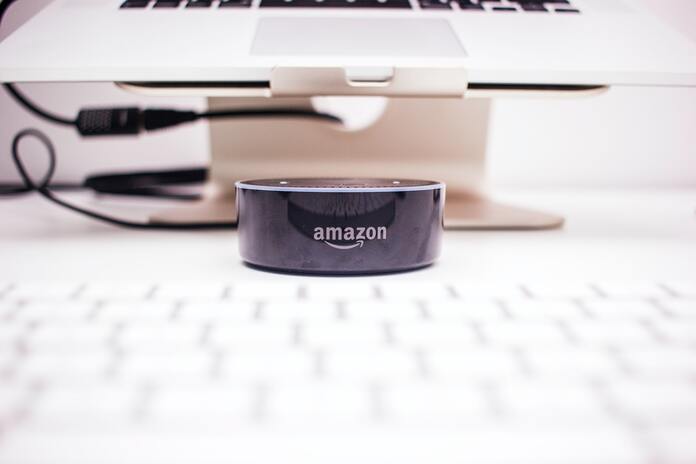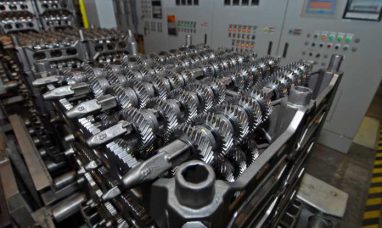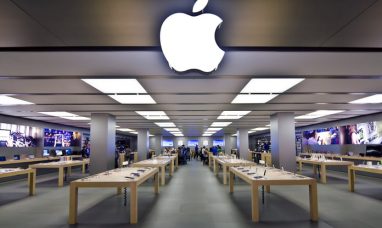Amazon’s (NASDAQ:AMZN) dedication to strengthening its presence in the autonomous vehicle industry through its subsidiary, Zoox, is evident in the latest announcement of plans to construct a significant manufacturing facility for autonomous vehicles. This new facility will be situated at Hayward Exchange @ 92, 25810 Clawiter Rd., serving as a pivotal move to expand Zoox’s operations in the East Bay region.
This strategic initiative aligns with Amazon’s continuous efforts to bolster Zoox’s operations. Alongside the East Bay expansion plans, the company has also recently received approval from the Nevada Department of Motor Vehicles to conduct tests of its autonomous vehicles on Nevada’s roads. Additionally, Zoox intends to enhance its warehouse spaces through investments in its Las Vegas facilities, accelerating its testing endeavors.
Capitalizing on Growth Opportunities
Amazon aims to leverage the immense growth opportunities within the burgeoning autonomous driving sector. According to a report by Precedence Research, the global autonomous vehicle market is poised to reach a staggering $2.35 trillion by 2032, with a projected compound annual growth rate (CAGR) of 35% between 2023 and 2032. Another study by Fortune Business Insights forecasts the worldwide autonomous cars market to reach $19.96 billion by 2029, with an expected CAGR of 42.9% between 2022 and 2029. Moreover, a report from Mordor Intelligence indicates that the market is set to reach $33.5 billion in 2023, with projections to reach $93.3 billion by 2028, fueled by a CAGR of 22.7% between 2023 and 2028.
Competitive Landscape
In light of this optimistic outlook, Amazon faces competition from tech giants like Alphabet (NASDAQ:GOOGL) and Baidu (NASDAQ:BIDU), all vying to capitalize on the autonomous driving sector’s growth potential.
Alphabet’s Waymo continues to expand its fleet operations across the United States, recently forming a multi-year partnership with Uber Technologies (NYSE:UBER) to introduce autonomous driving experiences for Uber customers in Phoenix, AZ. This partnership positions Uber to integrate Waymo’s autonomous driving technology into its operations, while Waymo expands its reach to new destinations, including Phoenix Sky Harbor International Airport. Waymo has also initiated testing of its self-driving vehicles in Bellevue, WA, and secured a contentious vote from the California Public Utilities Commission for running a 24-hour robotaxi service in San Francisco.
Meanwhile, Baidu’s Apollo Go Robotaxi service is gaining momentum across China, with increasing availability in numerous cities and a growing ridership. Apollo Go is now accessible in ten cities, including Beijing, Shanghai, Guangzhou, Shenzhen, Chongqing, Changsha, Cangzhou, Yangquan, Wuzhen Water Town, and Wuhan.
Featured Image: Pexels















